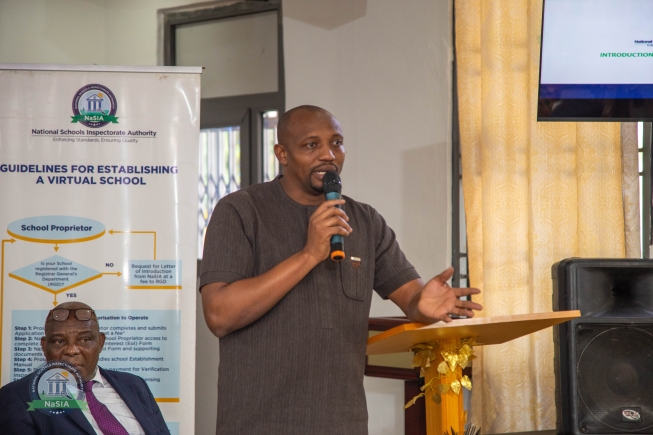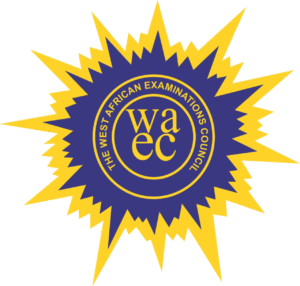
The newly appointed leadership of the National Schools Inspectorate Authority (NaSIA) has embarked on a series of regional tours to engage with key stakeholders in Ghana’s private education sector. This initiative aims to foster deeper collaboration, strengthen relationships, and demonstrate NaSIA’s commitment to improving the quality of education across the country.
Led by Prof. Salifu Tahiru Azeko, PhD, the newly appointed Inspector General of Schools (IGS), the tour focused on four key regions: Ashanti, Bono, Bono East, and Northern. This tour was designed to introduce NaSIA’s new leadership, establish connections with private school associations, and reaffirm the organization’s mission of enhancing education standards at all levels of the educational system, particularly within the private sector.
The engagements gathered representatives from significant private educational organizations, including the Ghana National Association of Private Schools (GNAPS), the Conference of Heads of Private Second-Cycle Schools (CHOPSS), and the Ghana National Council of Private Schools (GNACOPS). The dialogues were instrumental in allowing all parties to share their perspectives, voice concerns, and discuss collaborative efforts to address challenges facing the sector.
One of the key goals of the tour was to highlight the crucial role that private schools play in the overall educational landscape of Ghana. Prof. Azeko emphasized that private institutions significantly contribute to the diversity and accessibility of education in the country. He further stressed the importance of strengthening the relationship between private schools and NaSIA to ensure that regulatory requirements and educational standards are effectively met. This collaboration is expected to help raise the quality of education within the private sector, ensuring that it aligns with national educational goals.
As part of the tour, NaSIA’s regional directors also took the opportunity to present a comprehensive overview of the Authority’s mission and responsibilities. These presentations served as an important reminder of NaSIA’s mandate, which includes the development, promotion, and enforcement of the highest educational standards for both public and private pre-tertiary institutions. The regional directors emphasized that NaSIA’s role is not just to regulate but also to provide support through regular inspections, capacity-building programs, and the establishment of best practices to help schools improve their quality.
The tour also provided a valuable forum for private school stakeholders to voice their concerns. Several key issues were raised, most notably the challenge of student placement under the Free Senior High School (SHS) policy. Private school representatives expressed frustration over what they perceived as an unfair placement system that gives preference to students from public schools when assigning spaces in top-tier SHS institutions. They argued that this practice has had a detrimental impact on private schools, particularly in terms of student enrollment and financial sustainability.
In addition to placement concerns, private school stakeholders highlighted the high cost of regulatory fees and the limited access to professional development and capacity-building opportunities for private school teachers and administrators compared to their public school counterparts. These challenges have, according to stakeholders, hindered the growth and competitiveness of private schools in the education sector.
In response to these concerns, NaSIA’s leadership acknowledged the difficulties faced by private institutions and assured the stakeholders that these challenges would be taken seriously. Prof. Azeko reiterated NaSIA’s commitment to addressing the concerns raised and pledged to engage with relevant authorities to advocate for policy reforms that would create a more equitable environment for private schools. Furthermore, NaSIA promised to work towards ensuring that private schools have better access to professional development opportunities and a clearer path to meeting regulatory standards.
One of the outcomes of the tour was a suggestion from the private school associations for the creation of regular forums for ongoing dialogue. This initiative aims to establish a continuous and structured platform for stakeholders to engage with NaSIA, allowing for better communication and problem-solving moving forward.
NaSIA’s leadership reaffirmed its commitment to actively listening to stakeholders and integrating their feedback into future policies. The Authority expressed its dedication to ensuring that private schools in Ghana have the support and resources they need to thrive while adhering to high standards of quality and excellence in education. Through this initiative, NaSIA hopes to build a more inclusive, collaborative, and efficient educational system that benefits all students, regardless of the type of school they attend.





